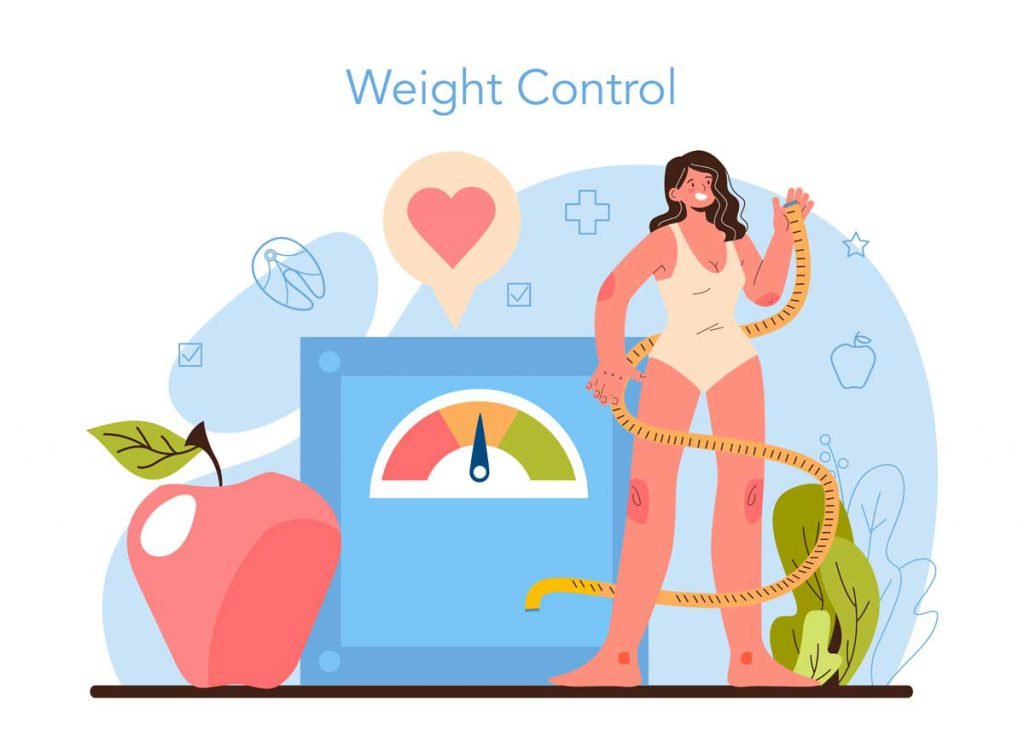Unlocking a Healthy Heart: 10 Simple Lifestyle Tweaks for You
A healthy heart is crucial to overall well-being and adopting lifestyle changes can play a critical role in maintaining cardiovascular health. In this comprehensive guide, we will explore the top 10 lifestyle changes that can contribute to a robust and healthy heart.

Adopt a heart-healthy diet
A heart-healthy diet focuses on whole, nutrient-dense foods. To incorporate:
- Fruits and vegetables: Abundant in antioxidants, fiber, and vital vitamins.
- Whole grains: They provide complex carbohydrates and fiber for sustained energy.
- Lean proteins: Opt for fish, poultry, beans and legumes to reduce saturated fat intake.
- Healthy fats: Include sources such as avocados, nuts, seeds and olive oil for monounsaturated and polyunsaturated fats.
- Limit processed foods: Minimize the intake of processed and high-sugar foods, which can contribute to weight gain and inflammation.
Engage in regular physical activity
Regular exercise is the cornerstone of heart health. To incorporate:
- Aerobic exercises: activities such as brisk walking, running, cycling or swimming for at least 150 minutes per week.
- Strength training: Include muscle strengthening exercises at least two days a week to promote overall cardiovascular fitness.
- Flexibility exercises: Stretching to improve flexibility and reduce the risk of injury.


Maintain a healthy weight
Sustaining heart health requires maintaining an optimal weight. Attain and uphold a healthy weight through:
- Adopt a balanced diet: focus on portion control and choosing nutrient-dense foods.
- Regular physical activity: perform exercises that promote weight control.
- Seek professional guidance: Consult with health professionals or nutritionists for personalized weight management plans.
Quit Smoking
Quitting smoking is one of the most impactful steps for heart health. Consider:
- Nicotine replacement therapies: Nicotine patches, gum or medications can help you quit smoking.
- Behavioral support: Seek counseling or join support groups to address the psychological aspects of quitting smoking.
- Professional assistance: Consult health professionals for personalized smoking cessation plans.


Limit alcohol consumption
Moderate alcohol consumption may have cardiovascular benefits, but excessive drinking may present risks. Follow the guidelines:
- Moderate intake: Limiting to one drink per day for women and up to two drinks per day for men.
- Choose heart-healthy options: Red wine, in moderation, contains antioxidants linked to heart health.
Manage stress
Chronic stress can negatively affect heart health. Incorporate stress management techniques:
- Meditation: Practice mindfulness meditation to reduce stress and promote relaxation.
- Deep breathing exercises: Incorporate deep, slow breaths to calm the nervous system.
- Hobbies and activities: Participate in activities that bring you joy and relaxation.


Monitor blood pressure
Regular blood pressure monitoring is essential to identify hypertension. Take steps to control your blood pressure:
- Balanced diet: Emphasize potassium-rich foods, reduce sodium intake, and maintain a diet rich in fruits, vegetables, and whole grains.
- Regular exercise: Perform aerobic activities that promote cardiovascular fitness.
- Stress management: Practice relaxation techniques to mitigate stress-related increases in blood pressure.
Control blood sugar levels
Stabilizing blood sugar levels is vital for maintaining heart health. Control blood sugar through:
- Balanced diet: focus on complex carbohydrates, fiber and lean proteins.
- Regular exercise: Physical activity helps regulate blood sugar levels.
- Weight control: Achieve and maintain a healthy weight to promote blood sugar control.


Stay Hydrated
Adequate hydration is essential for overall health and cardiac function. Ensure adequate hydration:
- Water intake: Try to drink at least eight 8-ounce glasses of water a day.
- Limit sugary drinks: Reduce consumption of sugary drinks, which can contribute to weight gain and insulin resistance.
- Caffeine moderation: Consume caffeine in moderation to maintain hydration levels.
Get quality sleep
Quality sleep is crucial for heart health. Establish healthy sleep habits:
- Establishing a regular sleep routine: Maintain a consistent bedtime and wake-up time every day, including weekends.
- Relaxing Bedtime Routine: Create a relaxing bedtime routine to signal your body that it’s time to wind down.

Remarks
Gradually incorporating these top 10 lifestyle changes can contribute to a healthy heart and overall well-being. Consistency is key and consulting with health professionals for personalized advice ensures that these changes align with individual health needs. Prioritizing cardiovascular health lays the foundation for a longer, healthier life.













